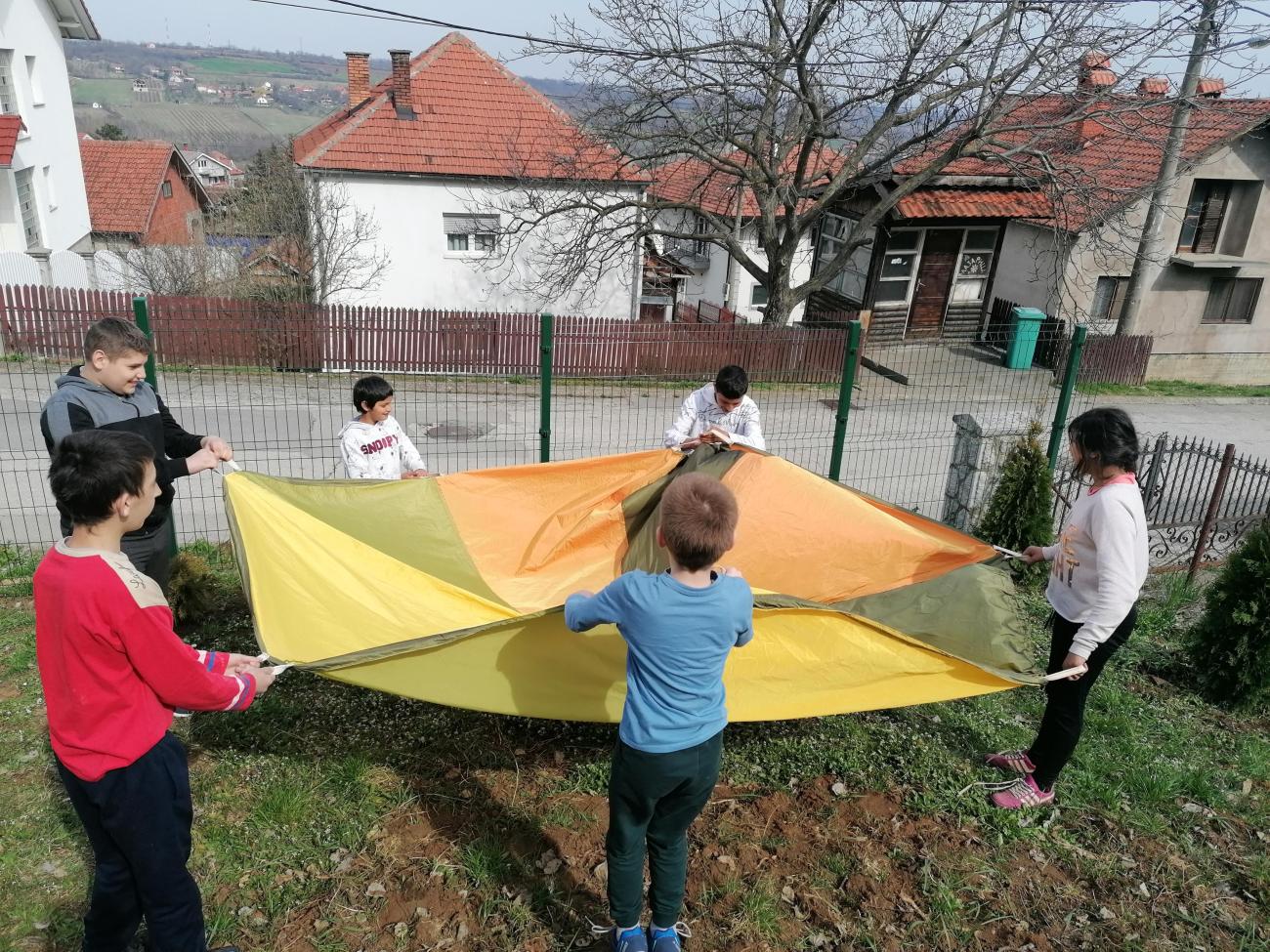Gender-Responsive Budgeting Boosts Citizen Involvement and Trust in Local Self-Governments

15 November 2023
Municipality of Topola is one of local self-government units in Serbia that included gender responsive budgeting (GRB) in its policies in line with the Budget System Law, as a tool to meet the needs of women and men and improve their social and economic well-being. This was done with the support of UN Women Serbia, in the framework of the project funded by the Government of Sweden - International Development Cooperation Agency (Sida). Topola was one of five LSGUs that has been supported over the course of 2023, following the nine municipalities and cities supported in 2022.
Jasna Vukovic, President of the Topola Municipal Assembly says that GRB is important because it enables Municipality to achieve more effective fulfillment of legal obligations and a higher level of gender equality and women's rights. It supports the alignment of priorities in the fields of gender equality and funding and improves quality of public services and public investments.
„The implementation of GRB and the realization of the goals and plans set in line with it, reduced the gender gap and made citizens, but also public employees, more satisfied with the engagement of municipal services and services provided by institutions funded by the LSGUs. No less important benefit of gender responsive budget planning is the saving of resources and time of all those involved in the implementation of the activities foreseen in the budget“, she adds.
Non-profit organization Aid Society "Zagrljaj" from Topola is focused on helping people with developmental disabilities and is largely financed from the local budget. Thanks to the GRB implementation, the municipality allocated funds for the financing of some of their services - child's personal companion service, organization of individual support through speech therapy, defectology and psychological treatment of children.
Jelena Kundovic from „Zagrljaj“, defectologist – oligophrenologist (special educator and rehabilitator of persons with mental disabilities) says that this organization supports children with developmental disabilities, and their families.
„This is very sensitive population in terms of discrimination and they need the support of both the public and non-governmental sectors in order to exercise their rights and maximize their capacities. In bigger communities and cities, a large number of services are available, from diagnostic to therapeutic and educational. In small towns, such as Topola, resources for inclusion of children with developmental disabilities are minimal. This leads to great segregation and isolation of this population, not only children but also entire families. With GRB, it became possible to increase engagement of experts and assistants who are competent to help these sensitive groups. This gives the opportunity to these children to be adequately included in the educational system in their local community, without having to travel to bigger city, as it was the case in previous years. Since attention fatigue is an exceptional problem for these children, traveling for 30 kilometers from their place of residence exhausted them further and nullified the effects of the treatment. The families were struggling financially and allocating a lot of time to provide this kind of support to their child. By solving these difficulties, through GRB, we managed to provide multiple benefits for all actors in the process”, she explains.

Kundovic adds that GRB contributes to promotion of social and educational inclusion at the local level. It also ensures that all relevant actors at the local level are recognizing and preventing discrimination, while promoting respect and acceptance of diversity, as well as achieving higher level of tolerance for diversity.
This is not the only support provided to the members of local community, thanks to GRB. Funds from the municipal budget are being allocated also for the service of supportive home care for adults and children, as well as for personal companion for people with disabilities. Women that are heads of households are given more favorable subsidies, while textbooks for 1st grade students have been provided for free.
Olja Jankovic Lekovic, UN Women GRB Programme Coordinator says that, besides increasing their capacities to implement GRB, these municipalities and city administrations were enabled to plan and budget for gender sensitive measures and activities based on the findings of sectoral gender analysis, while their knowledge and skills was improved through additional trainings and mentoring.
„GRB contributes to better understanding of the needs of specific groups in the community, while its implementation leads to greater trust in local self-governments and bigger involvement of citizens in planning and budgeting. In addition, GRB entails improved collection and usage of gender-sensitive data and statistics, putting women and men in a center of local policies and budgets“, she concludes.


